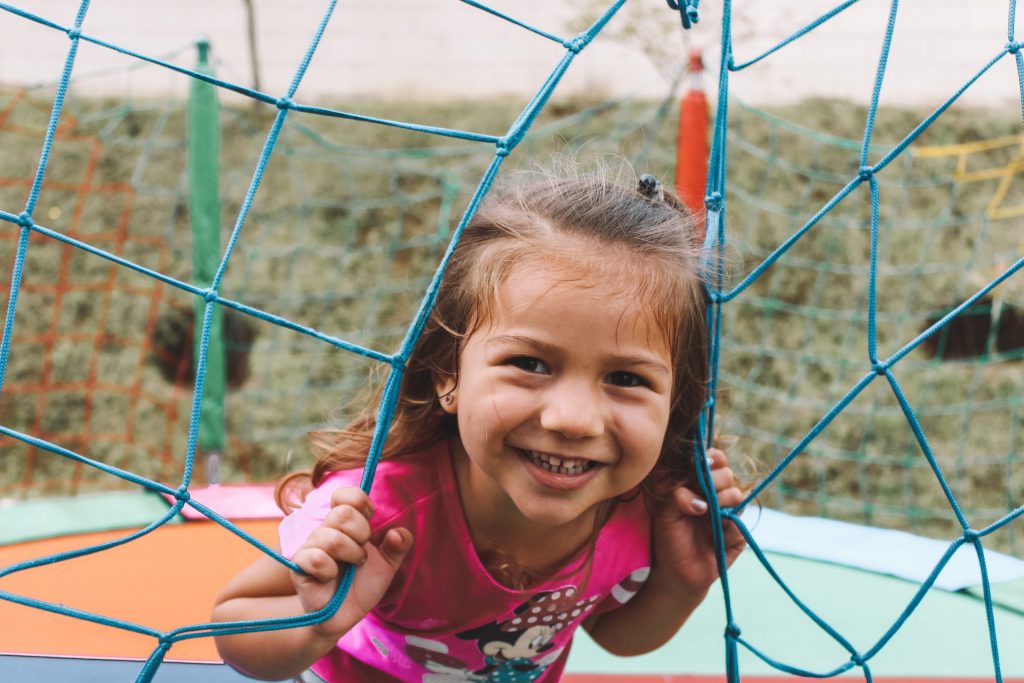Parenting a child with ADHD (Attention-Deficit/Hyperactivity Disorder) can present a unique set of challenges, especially when it is coupled with anxiety. ADHD and anxiety can feel overwhelming, but it doesn’t have to be.
Many parents find themselves navigating the sometimes complex combination of these two conditions and how best to support their child’s emotional well-being while managing symptoms that often overlap.
At Beyond Speech Therapy Specialists, we understand the challenges, frustrations and big questions that come with parenting a neurodivergent child, and we’re here to help.
We’re exploring the common connection between ADHD and anxiety, discussing the challenges parents may face, and offering ideas for creating a plan to support your child during anxious moments.
Let’s dive in and empower you to navigate this journey with confidence and compassion.

Understanding the ADHD and Anxiety Connection
ADHD and anxiety frequently coexist, with research suggesting that up to 30% of children with ADHD also experience symptoms of anxiety.
The relationship between the two conditions is complex and multifaceted, with overlapping symptoms that can directly affect and exacerbate one another.
Children with ADHD may struggle with impulsivity, distractibility, and difficulty maintaining attention, while those with anxiety may experience persistent worry, fear, and avoidance behaviors.
These challenges can combine, creating a perfect storm of emotional dysregulation and heightened stress levels for both kids and their parents.
ADHD and Anxiety Challenges For Parents
Parenting a child with ADHD and anxiety can feel like performing a near constant balancing act.
The unpredictability of anxiety symptoms, coupled with the impulsivity and hyperactivity associated with ADHD, can make everyday tasks and routines feel overwhelming.
Parents deal with feelings of frustration, guilt, and maybe helplessness as they try hard to support their child’s needs while managing their own emotions and responsibilities.
It’s essential for parents to recognize that they are not alone in this journey and that seeking support and guidance can make a world of difference.
Creating a Plan To Better Manage Anxiety
While managing ADHD & anxiety in your child can be challenging, there are practical strategies that parents can use to help their child cope with anxious feelings.
Here are some ideas for creating a plan for navigating anxiety:
1. Establish Predictable Routines
For kids with ADHD & anxiety, consistent routines and structured environments can provide a sense of security and stability.
To help them better manage and regulate their emotions and impulses, create daily schedules that outline activities, transitions, and expectations. Make sure you communicate them to your child and allow them to co-plan along with you.
2. Teach Coping Skills
Work with your child to develop coping skills that can help them manage anxious feelings when they come up.
This may include deep breathing exercises, mindfulness techniques, or positive self-talk strategies.
Practicing these skills together, and encouraging your child to use them whenever they feel overwhelmed. When you tackle these kinds of skills together, it normalizes what they are feeling and also empowers them to help themselves.
3. Always Provide a Safe Space
When your child feels they can safely express their feelings, those feelings become easier to manage.
Create a designated “safe space” in your home where your child can retreat when feeling anxious or overwhelmed. Stock the space with comforting items like stuffed animals, sensory toys, or calming music to help soothe their nerves.
4. Encourage Open Communication
Just as important as your child feeling safe, creating an environment of open, honest and safe communication is so important.
When your child feels comfortable expressing their thoughts and feelings be sure to listen attentively, validate their emotions, and offer reassurance and support without judgment.
5. Seek Professional Support
If you feel you’ve tried many different strategies and you’re still dealing with situations that are beyond your control, consider reaching out to a therapist, counselor, or behavioral specialist.
These professionals have extensive experience working with children with ADHD and anxiety. They can provide valuable insights, strategies, resources and support to you and your child.
Parenting a child with ADHD and anxiety can be challenging, regardless of how prepared you feel.
And it’s important to remember that you are not alone in this journey!
By better understanding the connection between ADHD & anxiety, recognizing the challenges parents may face, and implementing practical strategies for supporting your child, you can be your child’s best advocate!
And we’re here to provide the support, guidance and resources you may need! Together, we can create a plan that honors your child’s unique strengths and abilities while fostering resilience and well-being.
Reach out to us at Beyond Speech Therapy Specialists by calling (779) 435-0724 or send a message by clicking here!

